

News & Events
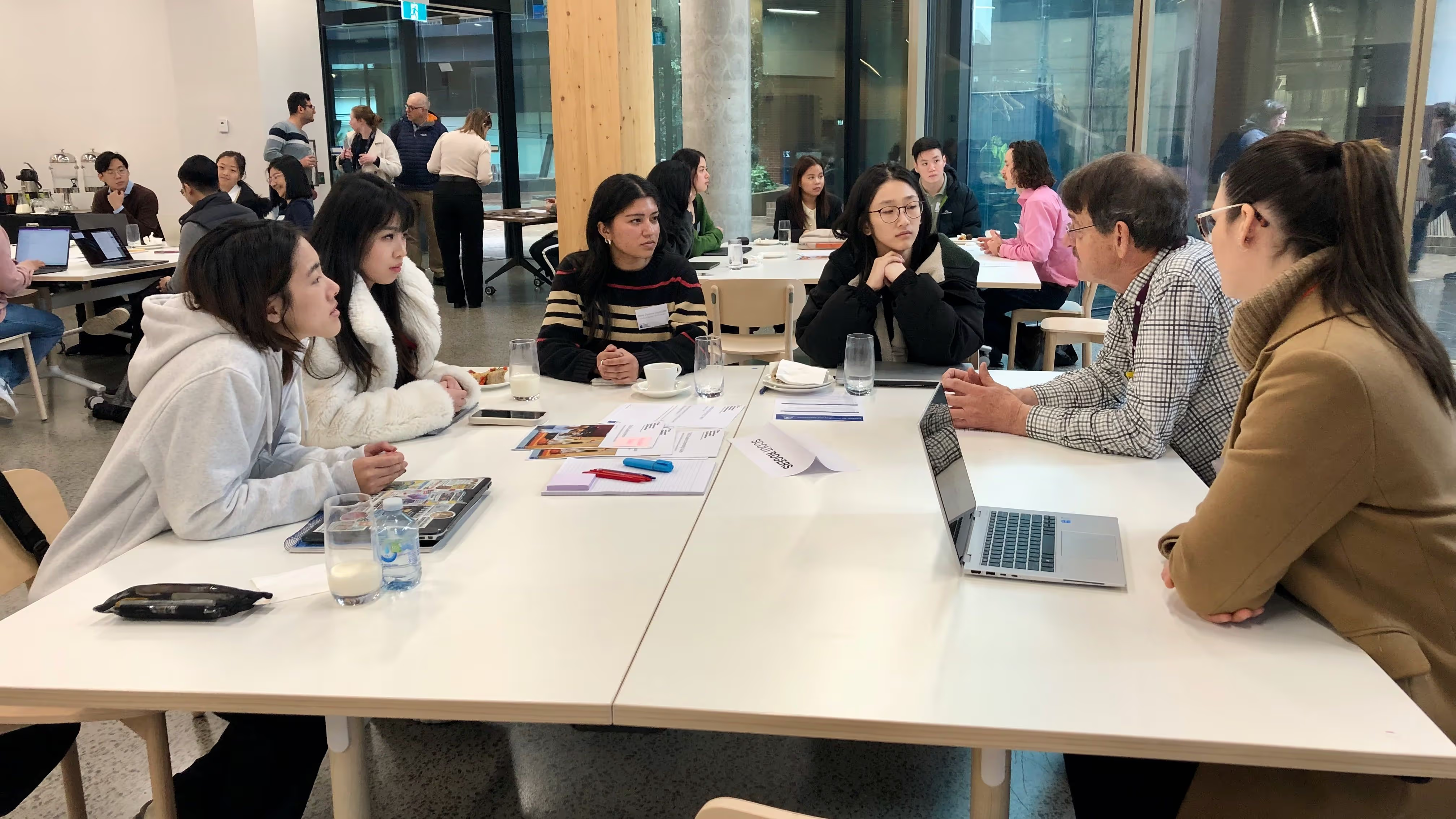
SCOUT internship program provides students with diverse real-world insight
The Advanced Genomics Collaboration’s (TAGC) SCOUT program offers an exciting internship opportunity for University of Melbourne students, providing the opportunity to gain hands-on, multidisciplinary experience in solving real-world challenges. Our 2024 students share their experiences.
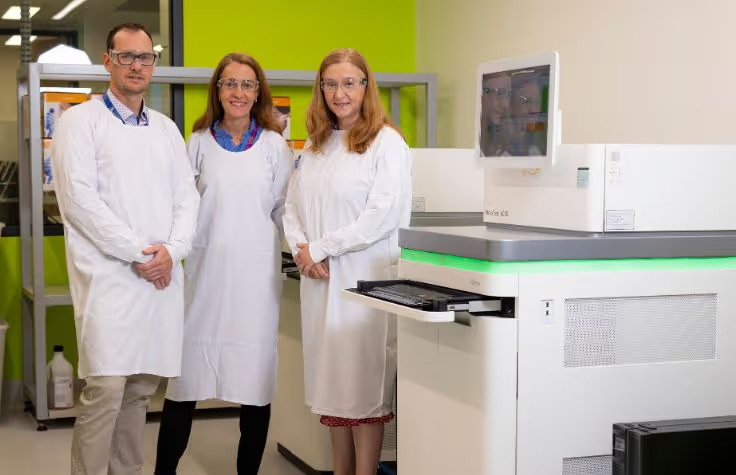
On a mission to help oncologists diagnose a mysterious, aggressive cancer
A case study developed by Illumina has highlighted a TAGC funded project led by collaborators at the University of Melbourne and Peter MacCallum Cancer Centre developing a liquid biopsy test for cancer of unknown primary.
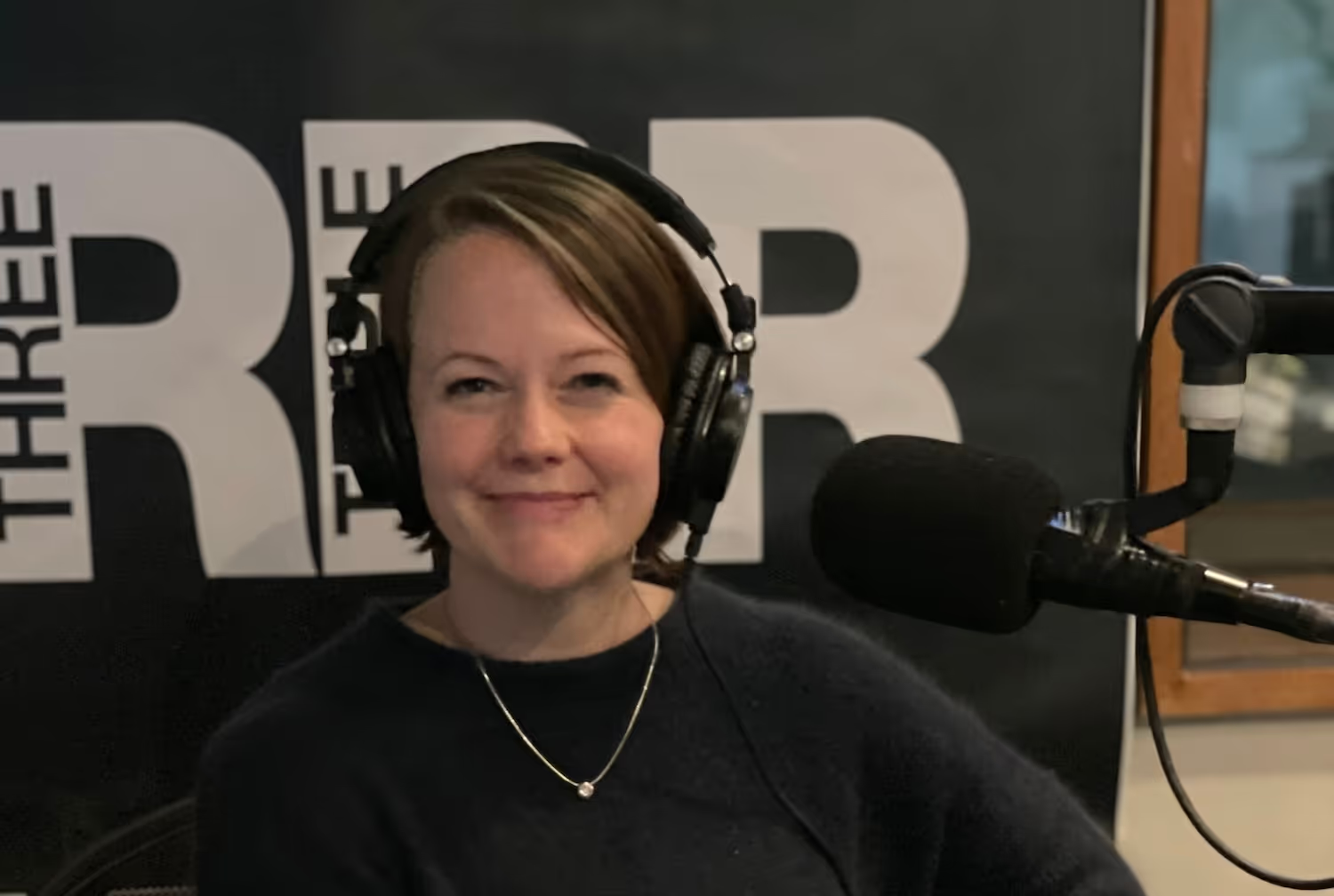
TAGC Innovation Projects highlighted on RRR
The Advanced Genomics Collaboration's four 2024 Innovation Projects went live on RRR's Einstein A Go-Go radio program—a program exploring the wonders of science and its impact on the world.
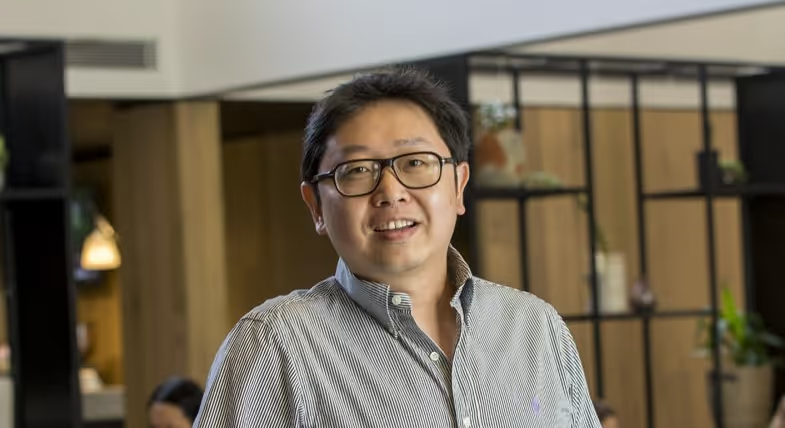
Welcome Professor Gang Chen, lead of TAGC's Health Economics Platform
Professor Gang Chen has joined the University of Melbourne as Professor, Cancer Health Services Research, and will lead TAGC's Health Economics Platform.
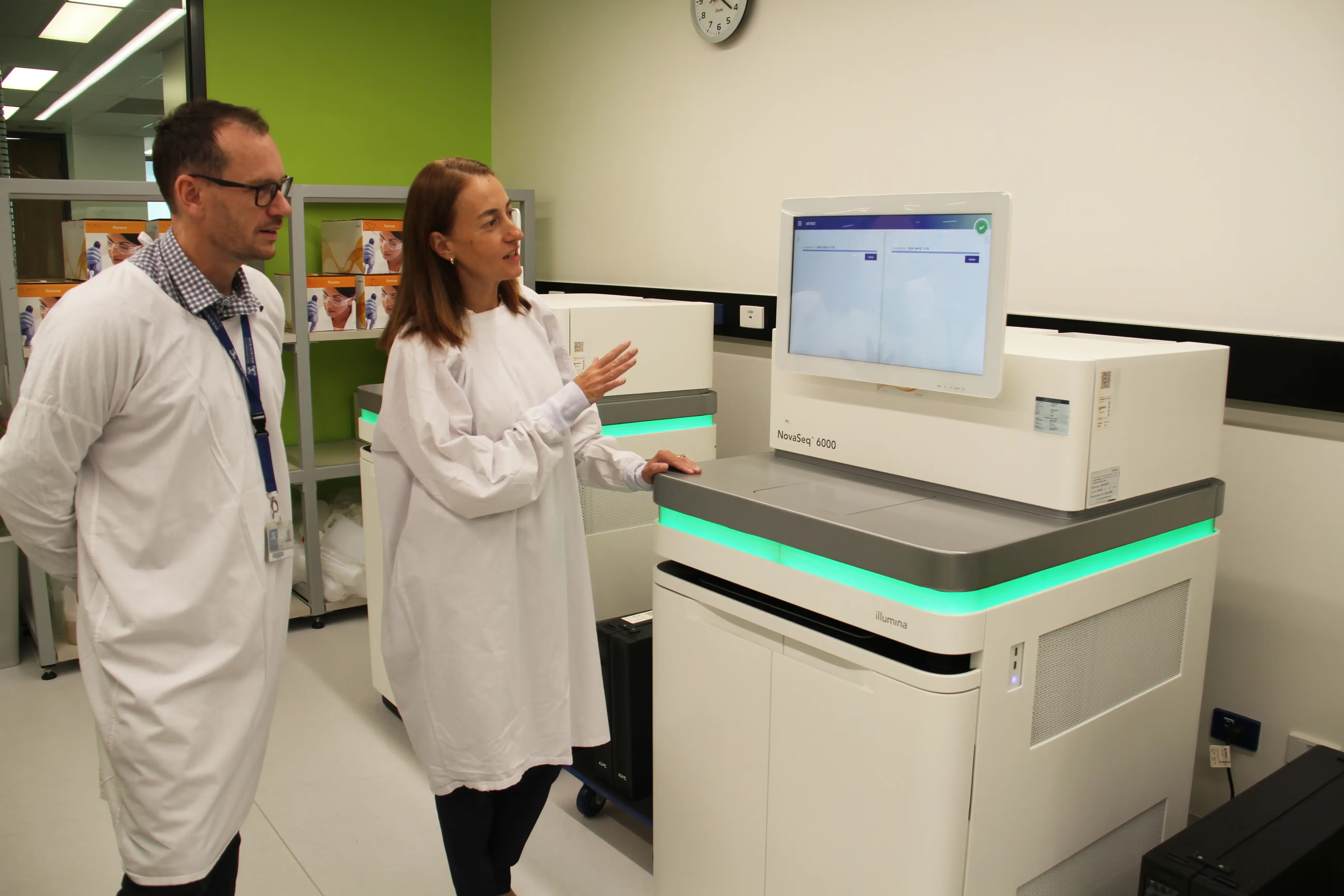
Genomics-focused biomedical research secures $6.5 million to address complex health challenges
The Advanced Genomics Collaboration (TAGC) has awarded funding to four new Innovation Projects led by University of Melbourne researchers collaborating with partners across the Melbourne Biomedical Precinct.
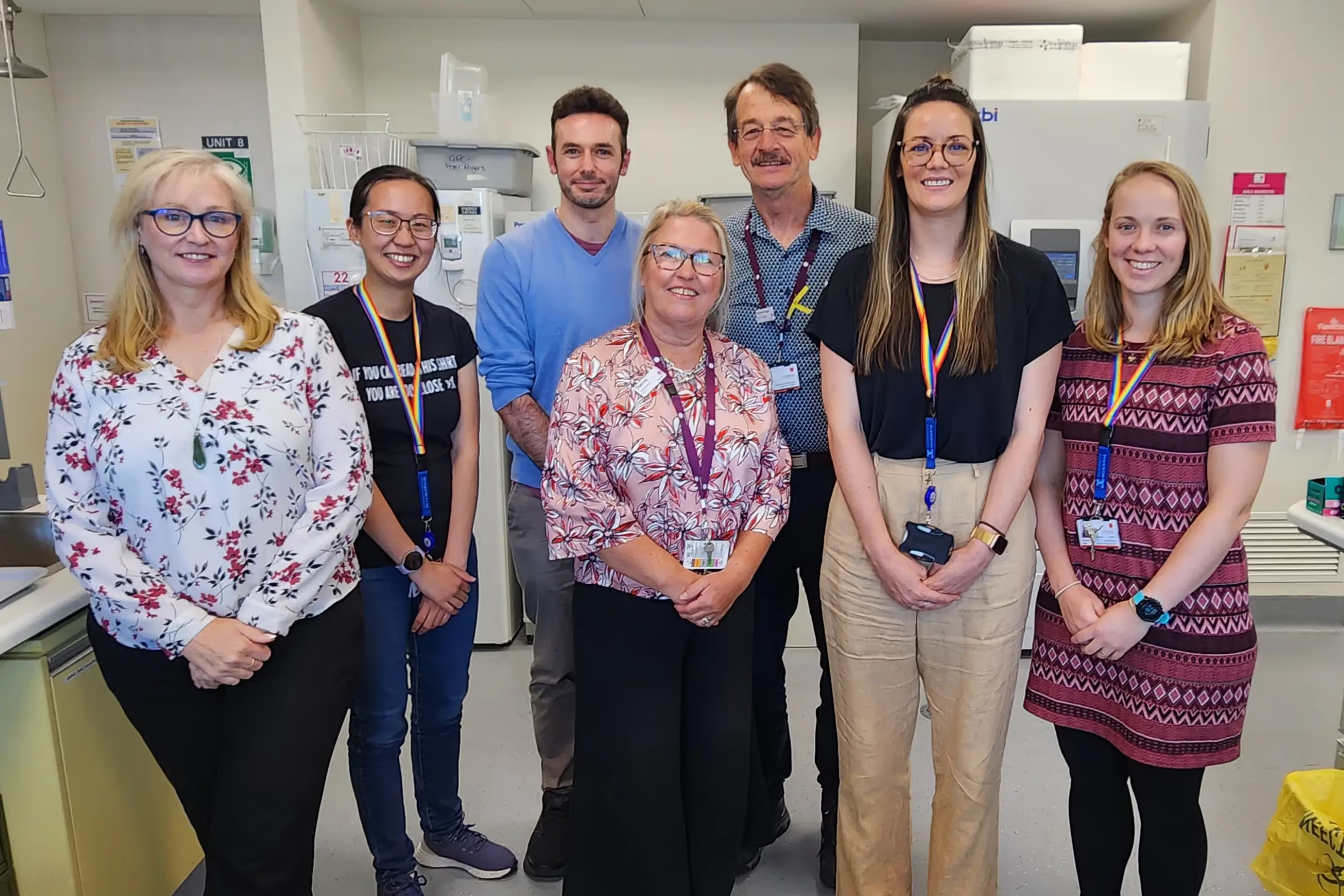
Improving women's health outcomes through genomics
Performing next-generation sequencing to find new solutions for patients with common endometrial-related health problems such as abnormal menstrual bleeding, infertility and pregnancy disorders.